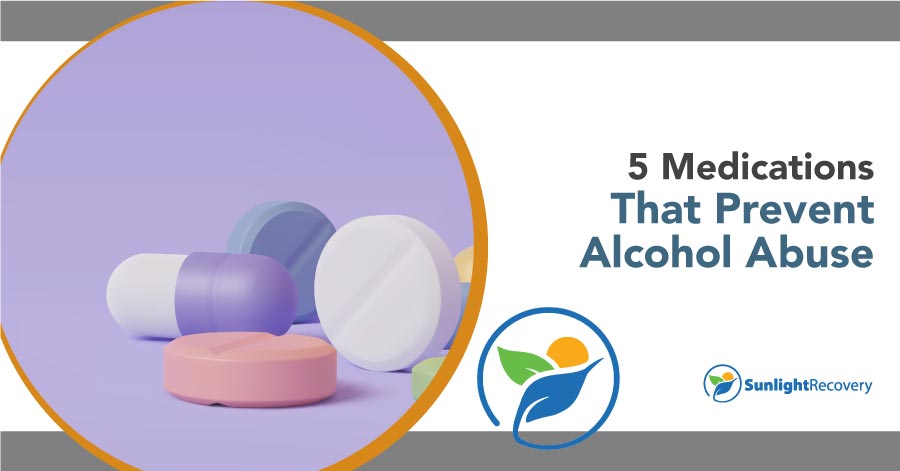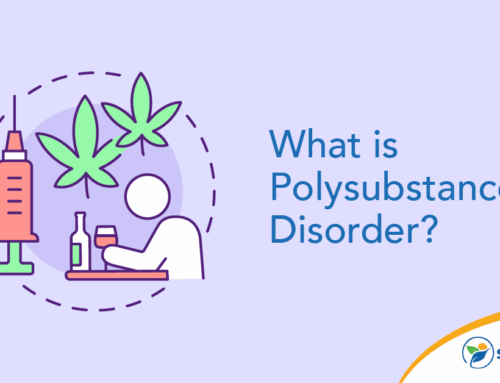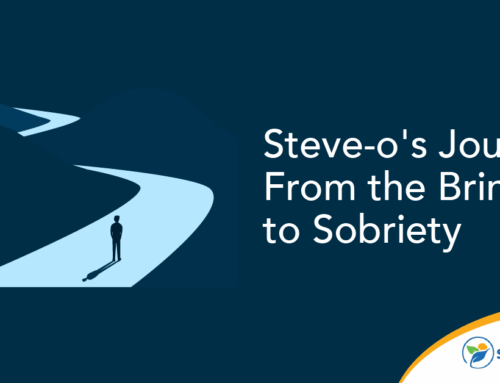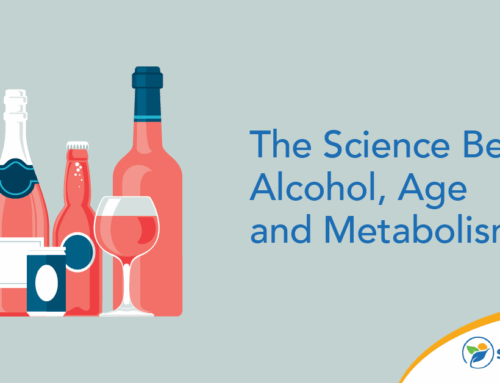Alcoholism isn’t a new issue. There are written references to the dangers of abusing alcohol going back to the times of Ancient Greece, and since there’s evidence of fermented beverages even further back than that, it’s safe to say that for as long as humans have been brewing, there have been people who have struggled with the addictive effects of the drug. Treatment for alcoholism with medication is a relatively new idea, however.
It’s well-known that long-term alcohol abuse can have dangerous side effects, but beating alcoholism is still difficult. There are social, mental and physical issues to overcome if someone wishes to beat their addiction. When it comes to treatment for alcoholism, medication can be a valuable tool, with many drugs on the market that can help. Drugs alone are unlikely to be enough to produce long-lasting success, but they can help people get through the initial withdrawal stages and start making a change in their lives. Let’s look at 5 available medicines for alcoholism and how these drugs work.
1. Antabuse
Antabuse is the trade name of a drug based on disulfiram. In the 1940s, Danish researchers accidentally discovered that this compound caused unpleasant physiological effects in people who consumed alcohol. Researcher Dr. Erik Jacobsen was testing a drug intended to treat intestinal worms and noticed that while trying the drug himself, even a couple of sips of beer revolted him, causing his heart to pound and making it hard to catch his breath.
When someone ingests alcohol, it’s usually broken down into acetaldehyde, then acetic acid. Antabuse works by blocking the second part of this process, causing a build-up of acetaldehyde in the body. This is what makes people feel ill if they consume alcohol while taking Antabuse.
This drug can be quite effective for people who don’t have strong alcohol cravings because the unpleasant side effects are a good deterrent for casual alcohol indulgence. However, acetaldehyde is toxic, and Antabuse can be dangerous for people with heart or liver issues. Because of this, the drug has fallen out of favor now that other options are available.
2. Naltrexone
Naltrexone has been available since 1984. It was originally intended to treat opioid addiction, but it’s now used for alcoholism, too. Naltrexone works by suppressing the euphoria and pleasurable sensations associated with both opioids and alcohol. Without this reward for consumption, many people find it easier to stop drinking.
While Naltrexone can be an effective tool in helping beat alcohol addiction, it isn’t a one-shot solution. Naltrexone doesn’t stop alcohol cravings, nor does it mitigate withdrawal symptoms. Therefore, it’s usually prescribed with other medications and support programs.
3. Vivitrol (Naltrexone injection)
Vivitrol is based on the same compounds as Naltrexone but is delivered by injection. One benefit of Vivitrol is that it’s possible to get slow-acting injections once a month, freeing you from having to remember to take a pill every day.
Vivitrol is not suitable for everyone, however, because the drug blocks the effects of opioids and alcohol. Someone who has had a Vivitrol injection must avoid both alcohol and opioids for one month. Even low-dose opioids prescribed for pain are contraindicated.
4. Campral (Acamprosate)
Campral, also known as acamprosate, has been available in France since 1989 but didn’t receive FDA approval in the United States until 2005. Like Antabuse and Naltrexone, it’s used to help people continue to abstain from alcohol use after they’ve gone through withdrawal.
It’s unclear exactly how Campral works, but it appears to interact with the glutamate neurotransmitter system, easing the symptoms of alcohol withdrawal and also reducing the desire to consume alcohol.
Campral has fewer side effects than the older drugs used to help people combat alcohol addiction, and it’s not habit-forming. In addition, the drug is well tolerated even at high doses, so there’s very little risk of overdose. Some people experience severe diarrhea while taking Campral, however, and it’s contraindicated for those with renal failure.
5. Ondansetron (Zofran)
Ondansetron was developed by GlaxoSmithKlein in the mid-1980s and was originally designed to help cancer patients suffering from nausea and vomiting. Generic versions of Zofran were approved by the FDA in 2006, and the use of the drug has expanded to include treating alcohol addiction.
The drug interacts with the serotonin-3 (5-HT3) receptor antagonists and can help alter some of the intoxicating effects of alcohol. Tests have found it can help reduce alcohol consumption when compared with the use of other groups who were taking a placebo. However, the drug doesn’t work for everyone. There’s thought to be a genetic element to the serotonin-3 response, and patients with the LL-genotype respond best to Ondansetron.
Upcoming Drugs to Manage Alcohol Abuse
The above is a short list of drugs that treat alcoholism. There are many others on the market, and some people who are struggling with addiction find they need to try several until they find one that suits their needs. Researchers are still looking for an effective, long-lasting and side-effect free drug to help those fighting alcohol addiction. Some promising innovations include the anticonvulsant Gabapentin and Varenicline, a drug that’s already been approved for smoking cessation.
Other drugs that are being considered for wider use include Nalmefene, an opioid receptor antagonist, and Baclofen, which is a GABA(B) agonist. Baclofen is particularly interesting because it’s thought to be effective in patients with cirrhosis where other medications may not be suitable.
Alcohol Addiction Can Be Beaten
Drugs alone aren’t usually enough to help someone who’s struggling with alcohol addiction stop consuming alcohol in the long term. While they can help ease a lot of the physical issues those recovering from addiction face, drugs are best used in conjunction with additional support.
At Sunlight Recovery, we understand the social and environmental challenges that can make it difficult to break the pattern of alcohol abuse. If you or someone you care for needs help to fight addiction, contact us online or call us at (888) 402-3647 to discuss your options and book an appointment or a spot in one of our sobriety programs.







